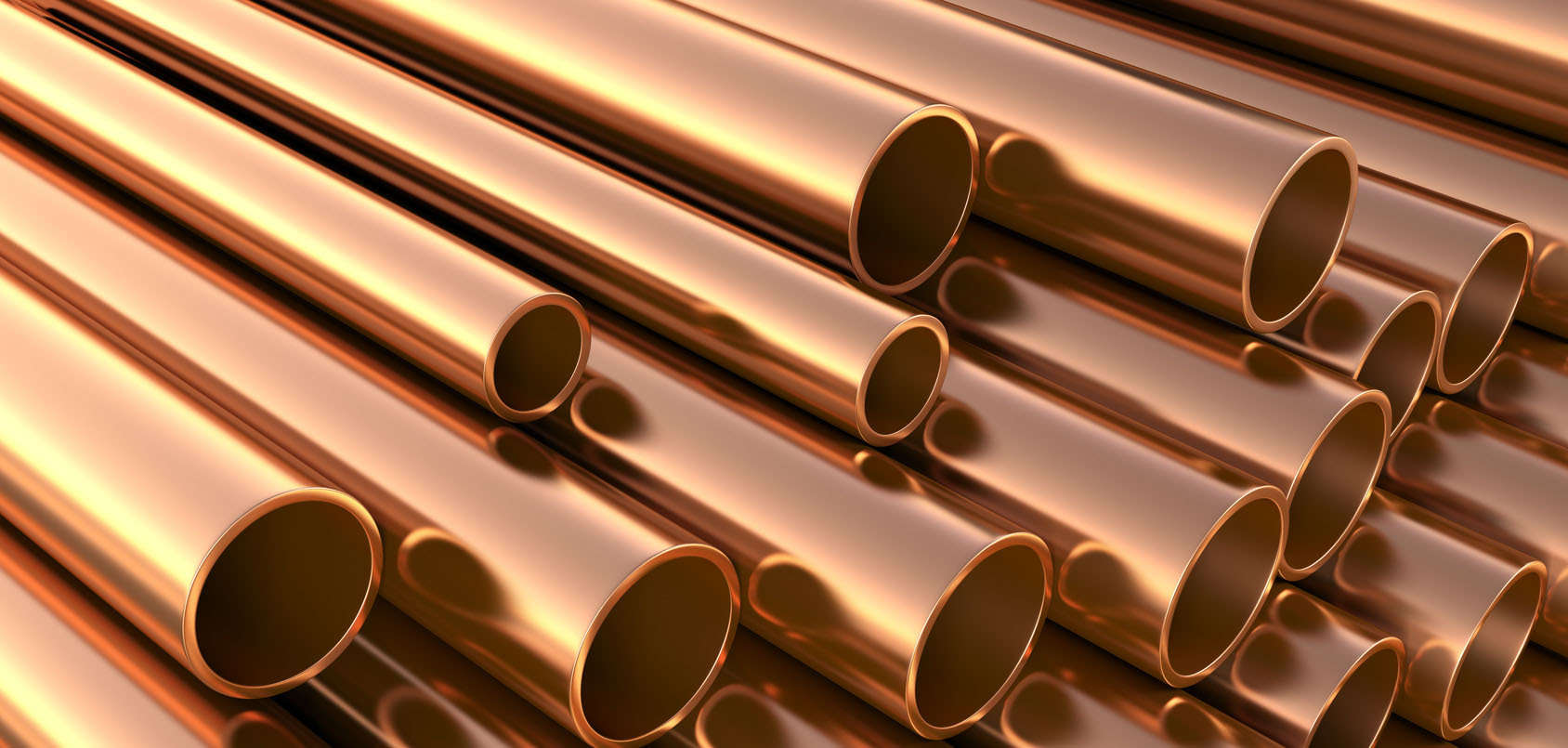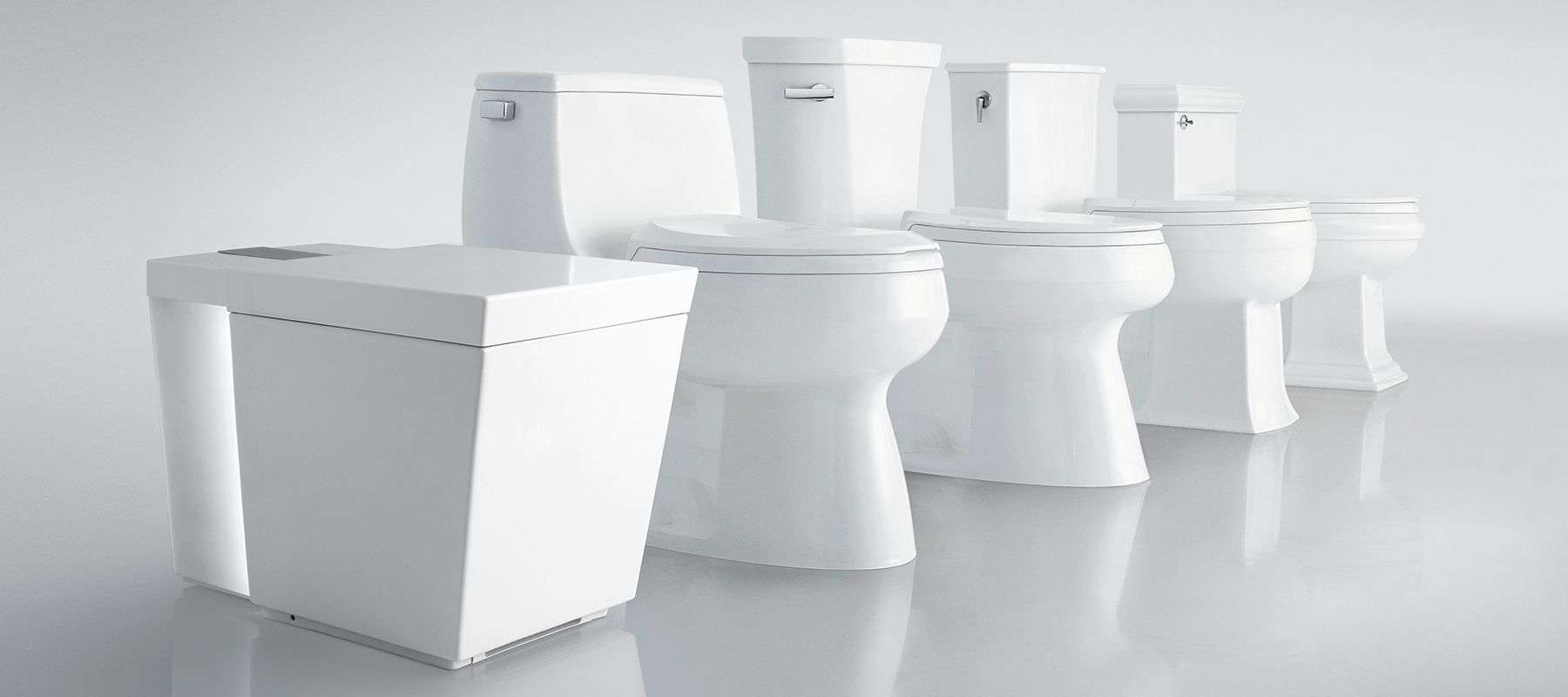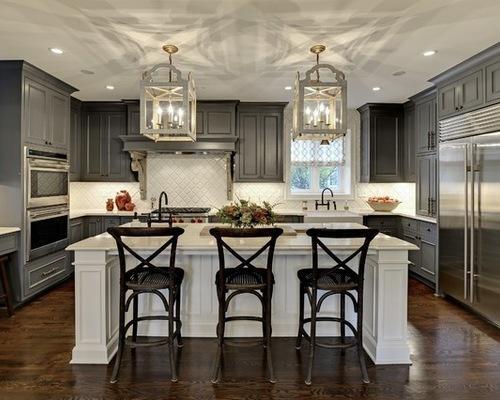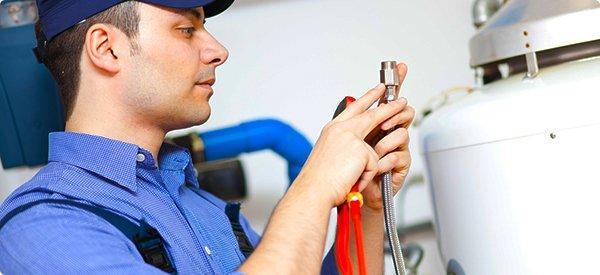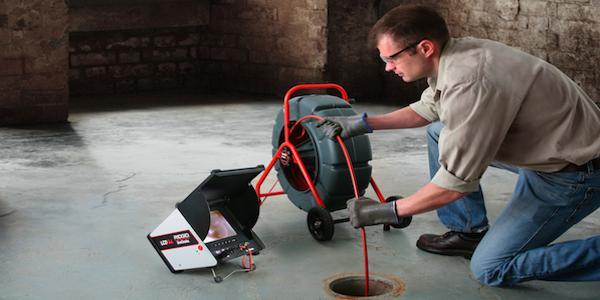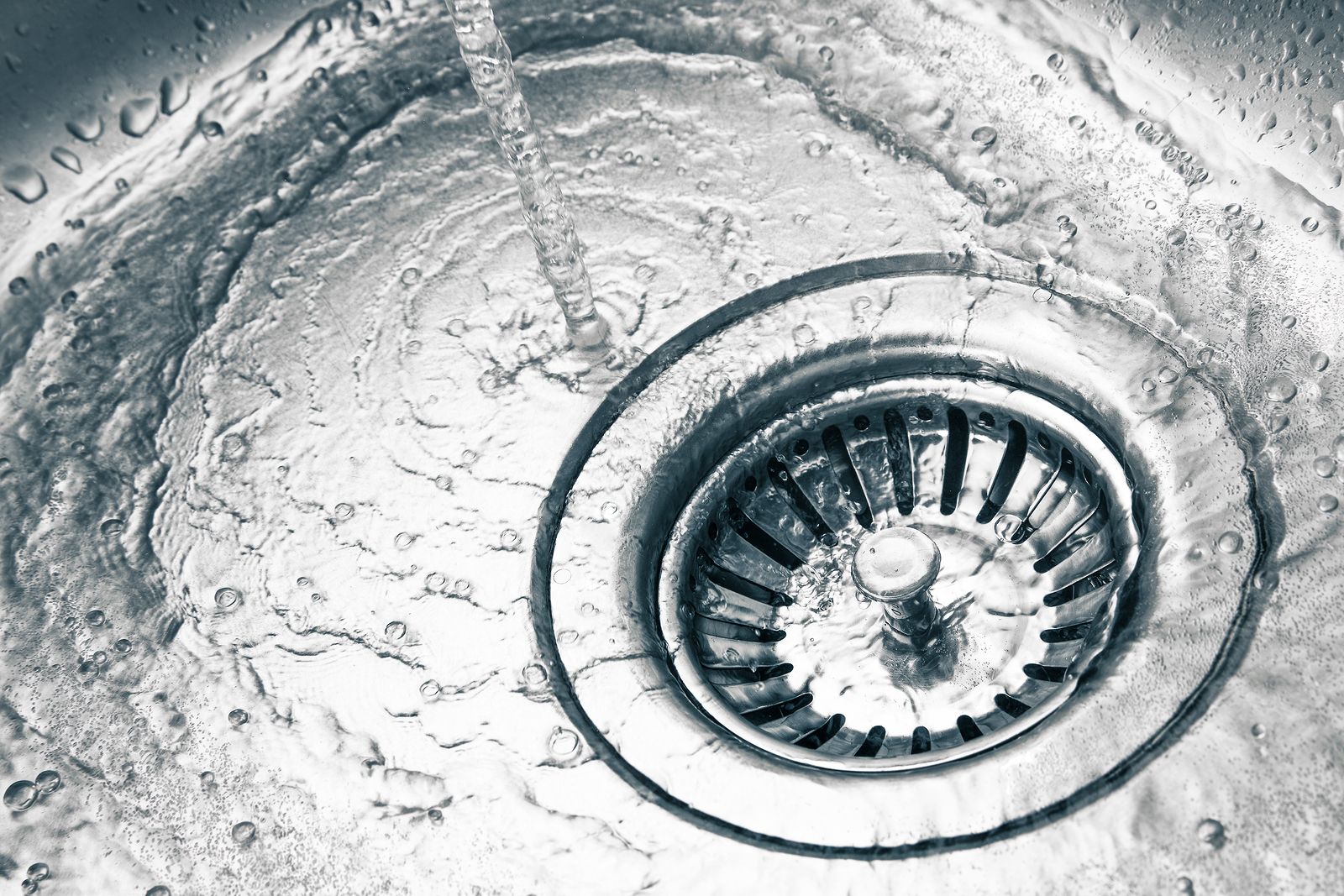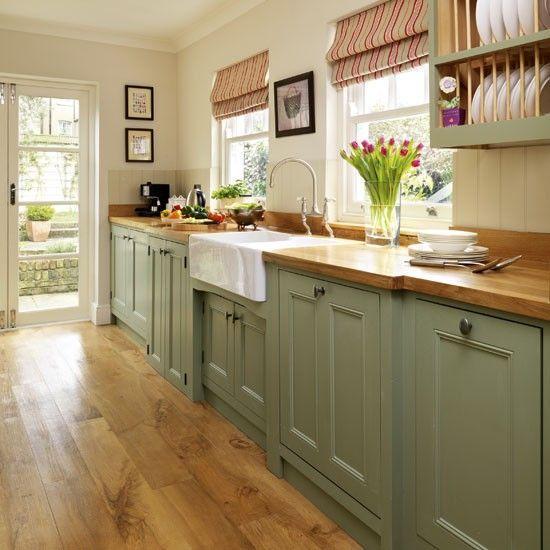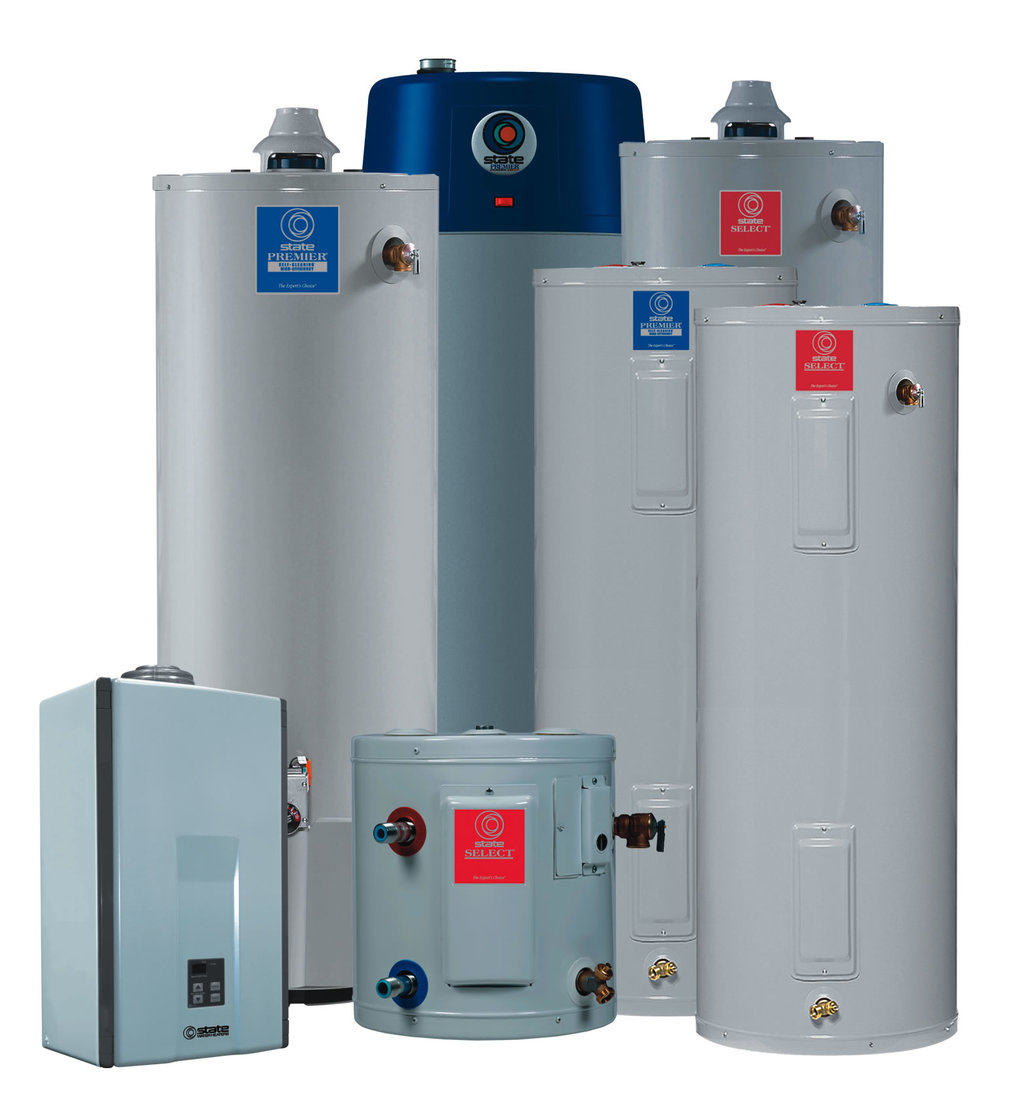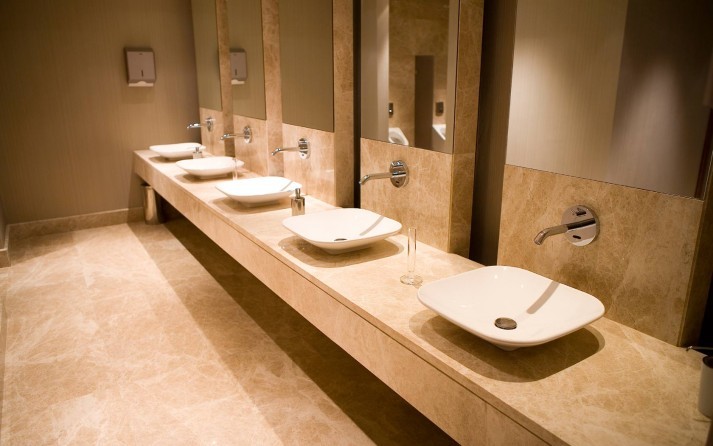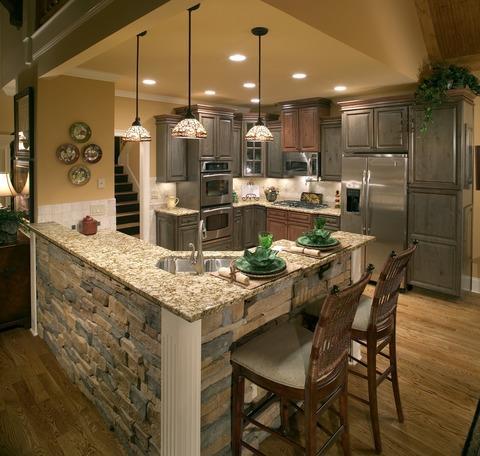Pipes are used as the main transportation medium in plumbing systems. They are used to link and connect all the different sections of a plumbing system and hence to move water and dissolvable wastes around the system. Compared to a human body, pipes act like blood circulation vessels — veins and arteries. Water supply pipes can be considered as the arteries of plumbing system whereas drainage and sewerage pipes act like the veins, except that in this case they take the waste water away from the system for physical disposal. Plumbing pipes are mainly classified according to their construction material. They can all be broadly classified into the 3 main categories; metal, plastic and concrete.
Metal Pipes
There are three common types of metal pipes according to their construction material: copper, galvanized steel, and cast iron pipes. Copper and iron do not corrode easily corroded and galvanized steel pipes are coated with zinc to prevent them from corroding. Some of the distinct differences between these metallic pipes include the fact that cast iron is chemical resistant and has very high tensile strength. These pipes are made by spinning or sand casting and they are either cast horizontally, vertically or centrifugally. Galvanized steel pipes are not easy to install because they need cutting and threading and are hence becoming unpopular. Otherwise, all these pipes share a few metallic properties in that they are all very strong, versatile, durable and very reliable. This means that they can all be used to transport or distribute hot and/or cold water, plus refrigerated distribution in HVAC systems. They can all be installed both underground and above the surface for a myriad of plumbing applications from DC commercial sewer repair to water supply and distribution to ground water drainage.
Plastic Pipes
This category contains all pipes that are made from plastic and plastic polymers. They include PVC pipes and PEX pipes. PVC pipes are split into several types, including unplasticized polyvinyl chloride (UPVC), plasticized polyvinyl chloride, and chlorinated polyvinyl chloride (CPVC), according to the chemical composition of their plastic construction material, which dictates their ability to withstand high temperatures. PVC pipes are used in all kinds of plumbing systems for all kinds of applications including fresh water supply, distribution, waste water drainage, sewage drainage, irrigation etc. Their material strengths include chemical resistance, eco-friendliness, ease of use for plumbing installation, cost-effective, and extended longevity.
PEX pipes are among the newest plastic pipes. These are cross-linked polyethylene pipes or tubing made from high-density polyethylene (HDPE). They are produced by the extrusion process and they are very flexible and string. They can withstand extreme cold and hot temperatures and are hence used from hot and cold water transmission in all plumbing systems and also in HVAC systems. They are very cheap, easy to install, flexible, and very durable, which makes them more popular than copper and PVC. They have only one weakness, they are damaged by UV rays and hence cannot be exposed to direct sunlight outdoors.
Concrete Pipes
Depending on their manufacturing process, concrete pipes are usually classified as either Reinforced or precast. They are all made from concrete, which is basically a mixture of cement, water and aggregates. The cement paste is used to bind the fine and coarse aggregate and also to coat the surface of the pipe. Concrete pipes are incredibly strong, abrasion resistant, environmentally friendly, very durable, and resistant to most chemicals. They are mostly used to drain flood/ground water in culverts and storm drains and also in sewerage systems.




